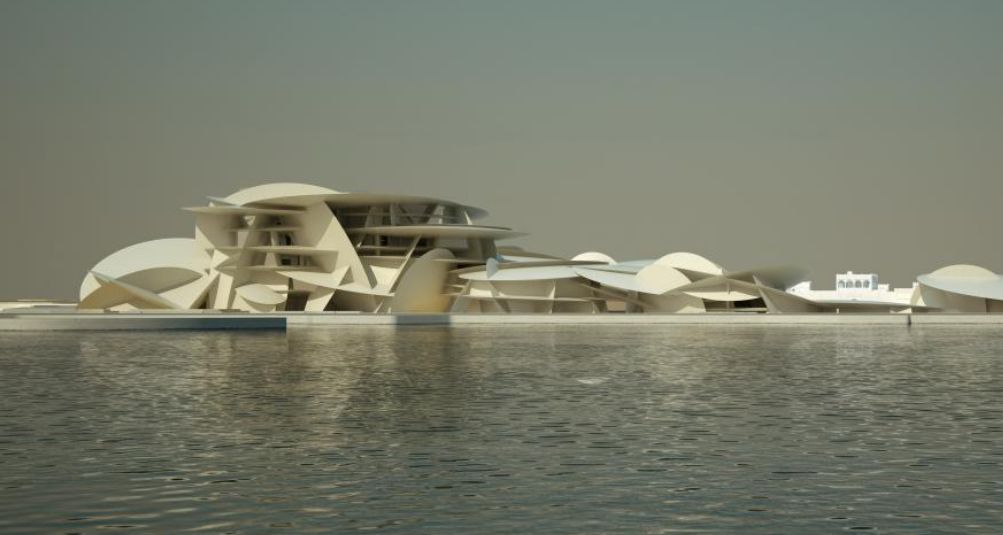São Paulo – Qatar is conducting a research on the presence of foreign communities in its territory and wants information on the first Brazilians that came to the country. Brazil’s embassy in Doha was approached by Qatar Museums, the local culture promotion organization, to participate in the research.
According to information sent to ANBA by the Brazilian embassy, Qatar Museums is working on a project on the country’s history, which should be presented during the opening of the National Museum of Qatar, scheduled for the second half of the year in Doha, the country’s capital.
Brazil’s embassy in Qatar stated that the Museum is researching, among other topics, the participation of immigrants in the economic and social development of the Arab country. “In this sense, we are helping out the local authority in finding the first immigrants of Brazilian nationality in Qatar,” said the embassy.
The embassy points out that Qatar is a country of immigrants, since, out of a population of 2.5 million people, only 10% are Qatari nationals. The Brazilian citizens that fall within the scope of the research can send an email to Brazil’s embassy at consular.doha@itamaraty.gov.br.
According to the Qatar Museums’ website, the visitors of the National Museum will be able to learn about the country’s forefathers, the formation of the first cities, and the modernization of the local society. The exhibitions will mix historical objects with contemporary influences, opening a dialogue on the quick changes experienced by the country.
The museum will have a shape of a desert rose, designed by the famous French architect Jean Nouvel, who designed the Louvre Abu Dhabi (the project is pictured above). In addition to the galleries, the museum will have an auditorium, stores, restaurants, coffee shops, a place for the local cuisine traditions, research center and lab, and a park, among others.
The National Museum of Qatar is being built around the original palace of the deceased emir Abdullah Bin Jassim Al-Thani. The place was once the government’s seat and the house of the family for 25 years.
Translated by Sérgio Kakitani




